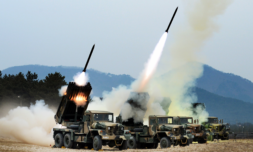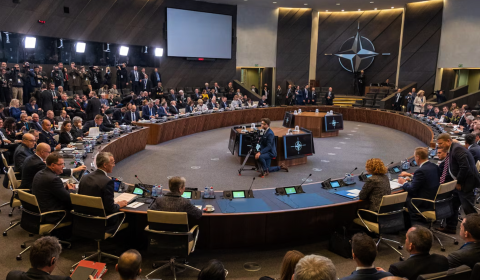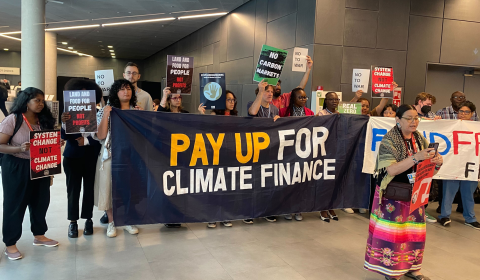Foreign Secretary David Lammy announces a suspension of arms sales to Israel following the Palestine V Israel conflict. He states that this was ‘not an arms embargo’ – but there was a ‘clear risk’ of UK weaponry being used for violations to international law.
The Israel-Palestine conflict, which has intensified since late 2023, is rooted in tensions that far predate the Hamas attack on October 7th.
Recent developments have only deepened the humanitarian crisis in Gaza, where the emergence of polio – first detected in a young infant – has raised alarming concerns.
Despite the growing threat, no one in Gaza has yet received treatment for paralysis or other symptoms caused by the virus, highlighting the dire situation facing the region’s civilian population.
After analyses, the UK Government has made the long-awaited decision to suspend arms sales to Israel, limiting equipment like fighter jets, helicopters and drones. This decision has been campaigned for by the public and MP’s alike, notably the Labour MP for Coventry South – Zarah Sultana.
However, the decision has sparked intense criticism from both pro-Israel and pro-Palestine advocates.
The suspension of just 30 out of 350 export licenses has drawn scrutiny, fuelling controversy over the perceived inadequacy of the measure. Left-wing critics argue that the suspension falls far short of what is needed, while usually more right-wing, pro-Israel advocates contend that the number is already too high.
In a dramatic twist of political fate, the current Labour government is facing a maelstrom of criticism from across the ideological spectrum, igniting a fierce debate about its ever-shifting stance.
This turmoil is not merely a clash of opinions but a glaring spotlight on what many perceive as the Labour’s drastic swerve toward the middle ground. The government’s apparent strategy of attempting to appease all sides has led to a troubling question: Is it trying so hard to cater to every faction that it risks losing its own identity?
Political analysts and activists are sounding the alarms, suggesting that Labour’s calculated manoeuvring may prove the age-old proverb: ‘If you stand for nothing, you’ll fall for anything.’ The party’s struggle to define its core values and priorities has sparked a deep concern about its true allegiance and principles.
In this climate of ambiguity and shifting loyalties, the quest for clarity has never been more urgent.
Amirchai Chikil, Israel’s minister for diaspora affairs, stated to Channel 4 that the decision came ‘at a very sensitive moment’ as Israel is mourning the six people ‘murdered in Hamas tunnels.’
Commentators argue that the minister is provoking further distasteful conflict abroad, in an attempt to antagonise the Muslim community. He stated on the World Tonight Programme: ‘The threat that is coming from Hamas is also an inner threat that you are facing in the streets of the UK.’
There has been major disapproval of the suspension, with many claiming that it is restricting a fight for democracy and shows the UK’s lack of fraternity. Chief Rabbi, Sir Ephraim Mirvis claimed that the move was ‘beggars’ belief’ and ‘feeds the falsehood that Israel is in breach of International Humanitarian law.’
On the flip side, pro-Palestine advocates have voiced strong dissatisfaction over the suspension, arguing that the move barely scratches the surface of what is needed. They emphasise that the arms licenses affected are minimal, highlighting what they see as a missed opportunity for the UK to take a more decisive stand.
Amnesty International UK, a non-profit organisation, has continuously campaigned for a ceasefire in Gaza. This shows the varying perspective to Mr Lammy’s decision. Their Chief executive disapproved the suspension, saying that they are ‘too limited and riddled with loopholes.’
‘Today’s decision means that while ministers apparently accept that Israel may be committing war crimes in Gaza, [the government] is nevertheless continuing to risk complicity in war crimes, apartheid – and possible genocide – by Israeli forces in Gaza,’ he said.
In the overflowing pool of opinions, the current UK Government are floating on the water, inconclusive on whether to swim or sail.
Should the Government tighten the noose around arms sales to Israel with further suspensions, or dismantle the already fragile restrictions, risking a storm of international upheaval and moral crisis?

















